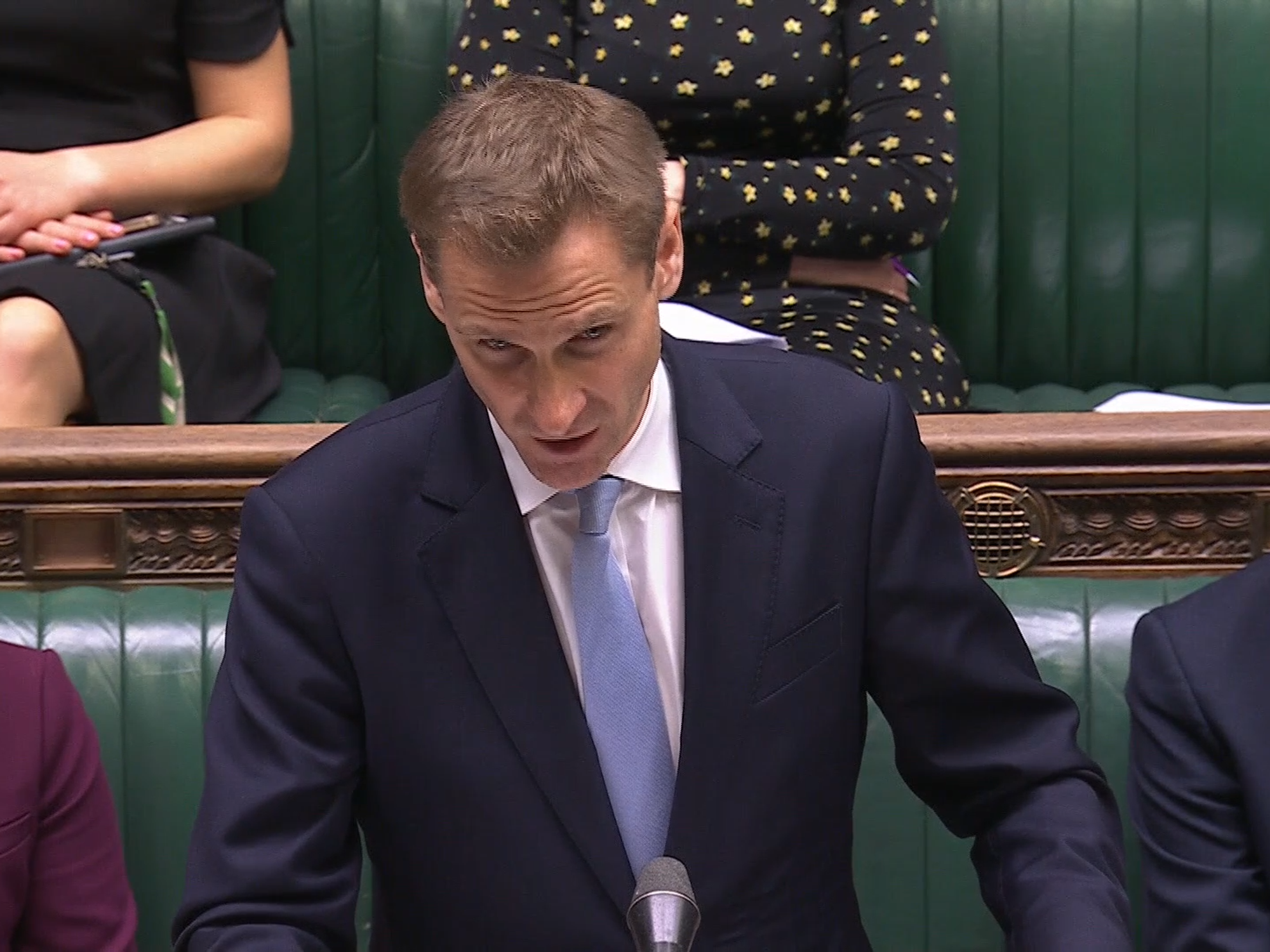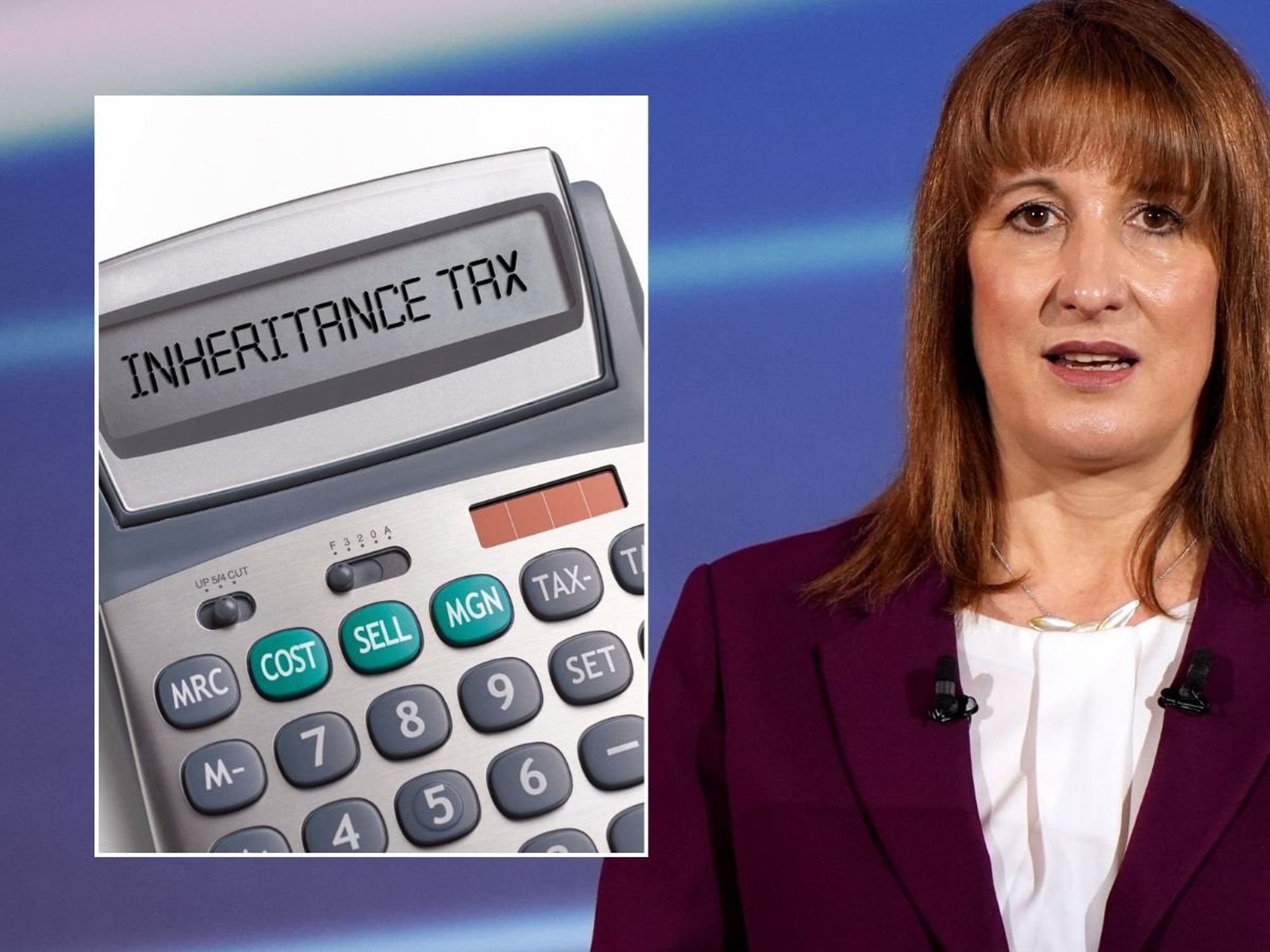Energy bills could be slashed by £110 a year under tax overhaul as Rachel Reeves urged to 'act now'

Britons are still struggling with rising energy bills
Don't Miss
Most Read
Latest
Britons in the poorest households could save £110 a year on their energy bills if the Labour Government implements a tax overhaul, according to research from a leading think tank.
Analysis from the Resolution Foundation demonstrates that shifting social and energy policy charges from household electricity accounts to the general tax system would deliver annual net benefits of approximately £110 to Britain's least affluent fifth of families.
The research, backed by the European Climate Foundation (ECF), indicates nearly three-quarters of British households would emerge financially better off under such reforms and comes ahead of Chancellor Rachel Reeves's Autumn Budget.
As such, the think tank is pressing ministers to incorporate these changes into November's fiscal statement as a means of alleviating ongoing cost of living strains affecting families across the nation.

Energy bills could be slashed by £110 a year under a tax overhaul, a think tank claims
|GETTY
The existing arrangement has created what amounts to a concealed taxation mechanism embedded within energy accounts, which disproportionately burdens households with modest incomes.
British families continue to face energy costs that stand approximately £600 above pre-Ukraine conflict levels, representing a 25 per cent increase in real terms.
The research highlights a fundamental inequity: over 99 per cent of Britain's less affluent half will derive no advantage from energy efficiency programmes funded through bills, yet must contribute towards their expense.
Economists claim this regressive structure means lower-income households are effectively subsidising schemes from which they receive no direct benefit.

Rachel Reeves is expected to unveil her second Budget on November 26, which is expected to include measures to help with the cost of living
| PAThe Treasury would need to absorb an initial yearly expenditure of £4.3billion in 2025-26, though this figure is projected to decrease to approximately £3.5billion by 2029-30 as related expenses diminish.
Ministers should prioritise transferring welfare-related programmes such as the Energy Company Obligation and Warm Homes Discount from bill-payers to taxpayer funding, which would reduce household costs by £50 annually at a £1.3billion expense to government.
Subsequently, renewable energy support mechanisms including the Renewables Obligation and Feed-in Tariff could be shifted, delivering average household savings exceeding £100 this year whilst requiring £3billion in public funding.
Jonathan Marshall, the principal economist at the Resolution Foundation, broke down what needs to be done to ensure the most vulnerable families are protected.
He shared: "With energy prices a key driver of the high cost of living, the Government should act now to relieve some of the pressure on bills this winter, which will be felt by lower-income families the most."
"By changing how energy policy costs are paid for at the Budget in November, the Chancellor can deliver an immediate cut to electricity prices helping vulnerable consumers and supporting the transition to net zero."
The Resolution Foundation also examined eliminating the five per cent VAT on electricity, which would reduce bills by £44.
However, this approach presents fiscal uncertainties and implementation challenges, particularly regarding Northern Ireland's VAT regulations.
LATEST DEVELOPMENTS:
 Energy bills are on the rise but there are still ways for people to save money | GETTY
Energy bills are on the rise but there are still ways for people to save money | GETTY
As temperatures begin to fall and households prepare for higher energy use, experts are urging Britons to act now with simple autumn hacks that can cut bills before winter sets in.
Specialists at Grant Store have highlighted practical steps that not only improve comfort but also reduce costs.
“Autumn is the perfect time to make small changes that have a big impact on your winter bills,” said a Grant Store energy expert.
"One of the simplest measures is to bleed your radiators. Trapped air stops them from heating properly, which forces your boiler to work harder and wastes money."
“Another tip is to check for draughts around doors and windows. Using inexpensive draught excluders or sealant can make a noticeable difference, keeping warm air inside where it belongs."
More From GB News











